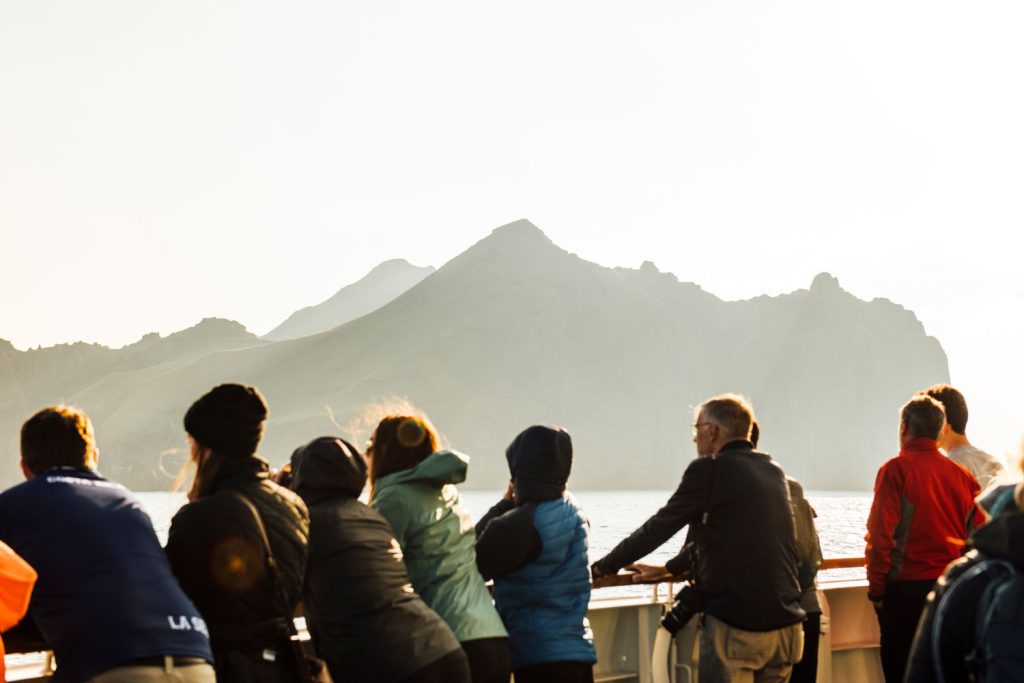The past five years have taught us many lessons, particularly in how we interact with the world. As global citizens, travelers carry the responsibility to ensure their journeys positively impact the planet, local communities, and future generations.
The way we travel deeply affects our environment and society, so it’s time to rethink and improve how we explore the world.
Here are 10 steps to become a more mindful, responsible, and compassionate traveler in 2025:

1. Recognize Your Privilege
Traveling for leisure is a privilege. Many people cannot afford to travel or face barriers due to health, finances, or social constraints.
Acknowledge your privilege, whether it comes from your passport, financial stability, or access to resources. Stay humble and grateful, appreciating the unique opportunities travel provides.
2. Practice Sustainable Travel
Travel has an undeniable impact on the environment. While it’s impossible to erase your footprint entirely, small steps can make a difference.
Consider using eco-friendly travel products, reducing single-use plastics, or offsetting your carbon emissions through reputable programs. It’s not about perfection but consistent effort toward sustainability.
3. Respect Local Rules and Customs
Abide by the laws, etiquette, and cultural norms of the places you visit. Avoid trespassing for photos or ignoring safety signs, as these actions can endanger both you and the local environment.
Respect is a two-way street, and honoring local practices enriches your travel experience.
4. Reevaluate Volunteer Travel
Volunteering abroad may seem noble, but it often does more harm than good if not planned carefully.
Short-term missions can disrupt local economies and strain community resources. Before signing up, ask if your efforts are genuinely needed or if donations might have a more meaningful impact.
5. Choose Ethical Animal Experiences
Animal exploitation remains a significant issue in tourism. Avoid activities like elephant rides, taking photos with sedated wild animals, or supporting businesses that mistreat labor animals.
Research ethical wildlife encounters that prioritize animal welfare over entertainment.
6. Learn History from Local Perspectives
Travel provides an opportunity to broaden your understanding of history and culture. Dig deeper into the stories of the places you visit by exploring them from the perspective of locals.
This helps decolonize your worldview and appreciate the complexities of global histories.
7. Support Local Businesses
Your spending choices have power. Opt for locally-owned shops, restaurants, and accommodations instead of large corporations.
Supporting small businesses not only enriches your travel experience but also helps local economies thrive.
8. Give Back to Communities
After enjoying the hospitality of a destination, consider giving back. Donate to local causes, support environmental initiatives, or tip generously.
Even small gestures can leave a lasting positive impact on the places you visit.
9. Avoid Judging Others’ Travel Choices
Traveling is a personal journey, and not everyone is at the same stage of understanding.
Some people might not yet know about ethical travel options or face constraints that limit their choices. Share your insights kindly and respect the diversity of travel experiences.
10. Carry Compassion Home
The lessons you learn as a traveler should extend beyond your journey. Be an advocate for inclusion, cultural understanding, and environmental responsibility in your own community.
Treat others with kindness and work toward making your hometown a better place for everyone.
These steps don’t require drastic changes but rather a shift in mindset and a willingness to grow as a responsible global citizen.
Our editorial team has thoroughly fact-checked this article to ensure its accuracy and eliminate any potential misinformation. We are dedicated to upholding the highest standards of integrity in our content.







Leave a Comment